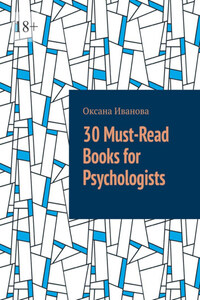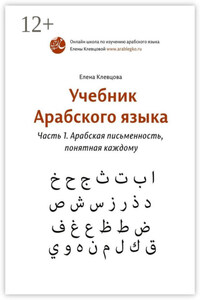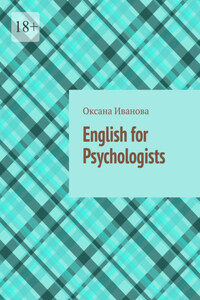The Interpretation of Dreams by Sigmund Freud (1900)
Key Ideas:
Dreams are the «royal road to the unconscious» and provide a window into repressed and hidden thoughts and desires.
Dreams have two layers: the manifest content (surface meaning) and the latent content (underlying, unconscious message).
Dream symbols have specific meanings that can be discovered through analysis.
Dreams are subject to censorship from the conscious mind to protect us from disturbing or anxiety-provoking thoughts.
Dreams serve a wish-fulfilling function, allowing us to experience forbidden desires or fears in a safe and symbolic manner.
One Main Idea in Detail: Dream Symbolism
Freud believed that dreams use symbols to represent unconscious thoughts and desires. These symbols can be objects, people, animals, or even abstract concepts. For example, a falling dream may symbolize anxiety or a desire for freedom, while a flying dream may symbolize a desire for escape or liberation. Freud developed a comprehensive list of dream symbols and their meanings, which he used to interpret his patients’ dreams.
Examples from Freud’s List of Dream Symbols and Their Meanings:
Falling: Anxiety, desire for freedom
Flying: Escape, liberation
Water: Emotions, the unconscious
Fire: Passion, destruction
House: Self, body
Snake: Penis, sexuality
Teeth: Aggression, castration anxiety
Money: Power, security
Car: Control, freedom
Food: Nurturance, love
Animals: Instincts, primitive desires
Death: Change, transformation
Best Quotes from the Book:
«The interpretation of dreams is the royal road to a knowledge of the unconscious activities of the mind.»
«Dreams are the guardians of sleep.»
«The dream is a rebus that must be deciphered.»
«Every dream symbol has a definite meaning which can be discovered through analysis.»
«The dream-work is subject to a censorship which allows only distorted and disguised expressions of the latent dream-thoughts to reach consciousness.»
«Dreams serve a wish-fulfilling function, allowing us to experience forbidden desires or fears in a safe and symbolic manner.»
«The interpretation of dreams is an art, not a science.»
Criticism:
Freud’s theory of dreams has been criticized for its lack of scientific evidence, reliance on subjective interpretation, and limited applicability to all types of dreams. Some critics argue that dream interpretation is too vague and unreliable to be a valid method of psychological analysis.
Influence:
The Interpretation of Dreams has had a profound impact on the field of psychology and beyond. It laid the foundation for psychoanalysis and dream interpretation and inspired numerous theories and techniques in the field of mental health. It has also influenced literature, art, and popular culture. Freud’s ideas about dreams continue to be debated and discussed today, and his work remains a seminal contribution to our understanding of the human mind.
Interesting Facts About the Book:
Freud initially struggled to publish the book: Many publishers rejected The Interpretation of Dreams due to its controversial content and unconventional ideas.
It was Freud’s most important work: Freud himself considered The Interpretation of Dreams to be his most important and groundbreaking work.
It was initially met with skepticism: The book was initially met with skepticism and criticism from both the scientific community and the general public.
It has been translated into more than 30 languages: The Interpretation of Dreams has been translated into more than 30 languages and has sold millions of copies worldwide.
It is still studied and debated today: Freud’s theory of dreams continues to be studied and debated by psychologists and scholars today.
WORDLIST
royal road – королевский путь
repressed and hidden thoughts – подавленные и скрытые мысли
layers – слои
manifest content – явное содержание
latent content – скрытое содержание
anxiety-provoking thoughts – вызывающие беспокойство мысли
wish-fulfilling function – функция исполнения желаний
forbidden desires – запретные желания
desire for freedom – стремление к свободе
liberation – освобождение
a rebus that must be deciphered – ребус, который нужно расшифровать
distorted and disguised expressions – искажённые и замаскированные выражения
lack of scientific evidence – отсутствие научных доказательств
limited applicability – ограниченная применимость
vague – расплывчатый
valid method of psychological analysis – достоверный метод психологического анализа
unconventional ideas – нетрадиционные идеи
groundbreaking work – новаторская работа
Exercise 1.
Fill in the gaps with some words or phrases from the wordlist
1. Dreams are the __________ to the unconscious mind.
2. Dreams have two __________: the manifest content and the latent content.
3. The _____________ is the surface meaning of the dream.
4. The __________ is the underlying message of the dream.
5. Dreams can contain __________ that represent unconscious thoughts and desires.










